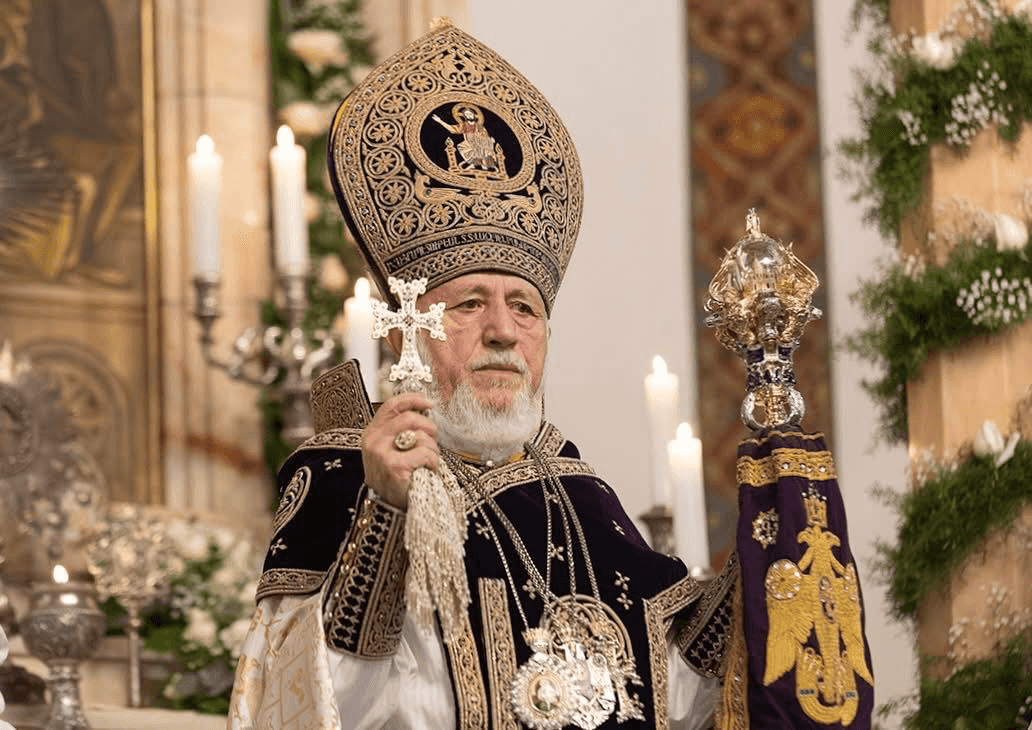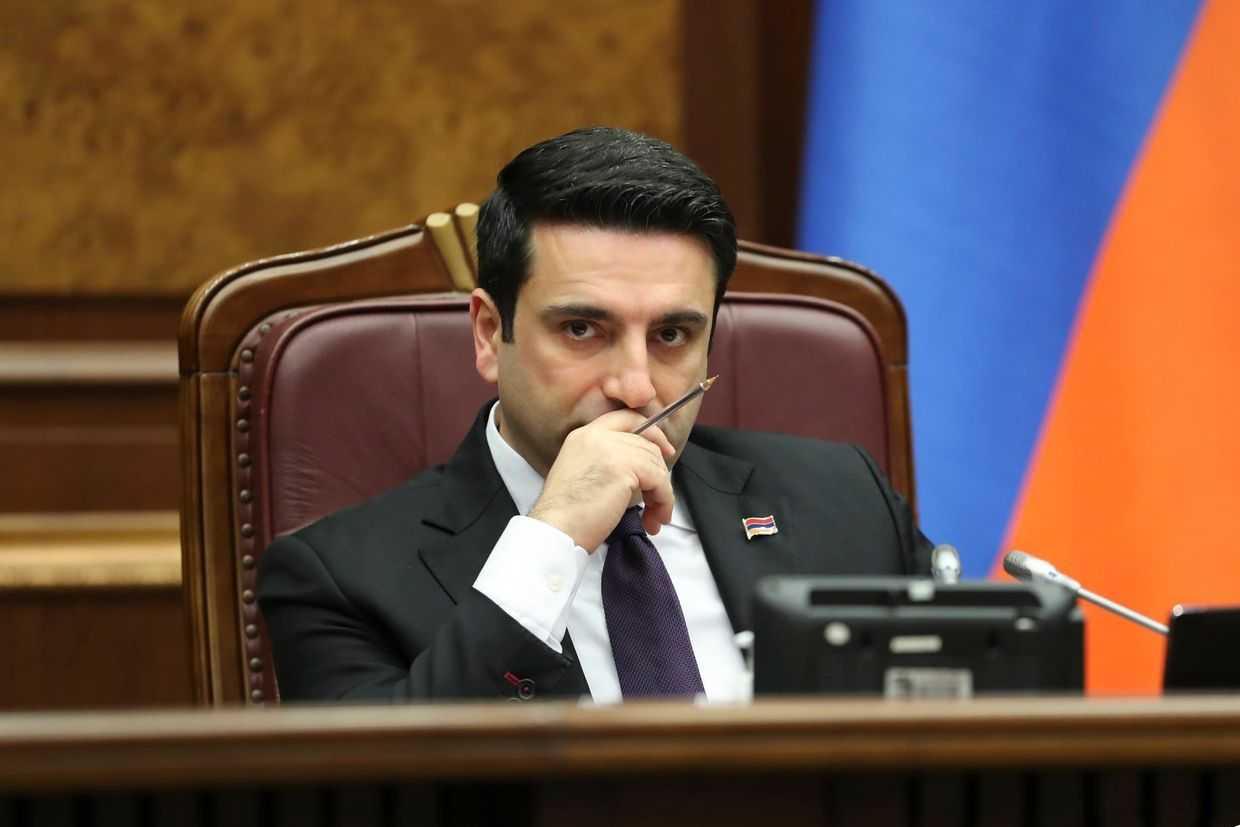
A housing programme for refugees from Nagorno-Karabakh has been condemned by some of its intended beneficiaries, who have accused the government of refusing to consider their needs.
Approved on 16 May, the programme provides one-off payments to cover housing costs.
On Tuesday, the Initiative to Ensure the Needs of the People of Artsakh, a grassroots advocacy group, condemned the government’s approach. The group called on people to boycott the programme, criticising it for not considering their suggestions.
They demanded the government suspend the project and put it to public discussions, noting that if their demands were not addressed, they would choose other methods of protest.
The programme offers individuals from ֏2 million–֏5 million ($5,200-$13,000) each depending on where they choose to settle, with the largest funds given to those choosing to live in settlements near the border with Azerbaijan or in remote areas.
‘Only 11%’ willing to apply
The programme has led to anger among many Armenians from Nagorno-Karabakh.
Lianna Petrosyan, a public figure from Nagorno-Karabakh, conducted polls on Telegram on 18 and 19 May attracting votes from more than 2,000 accounts. She found that 96% of those who responded felt negatively about the programme, with only 11% saying they were willing to apply.
On Tuesday, she posted an open letter to the government urging them to amend the programme. The amendments suggested included giving those who’d lost a family member the maximum allowance regardless of where they chose to live, and providing special allowances for families of up to four people.
Petrosyan told OC Media that her suggestions were based on feedback she received online, and discussions with groups and individuals.
She accused the government of failing to consult the public or involve the relevant civil society organisations.
‘There are many NGOs who work on issues faced by people displaced after the 2020 [war]. [The government] should have gone through the programme at least once from beginning to end with them. They would definitely have expressed the sentiments of the majority of the population. As far as I am informed, there was no such discussion’, she said.
Zaruhi Manucharyan, a spokesperson for the Ministry of Labour and Social Affairs, told OC Media that the programme was discussed with ‘interested parties’ prior to its approval, and that displaced Nagorno-Karabakh Armenians had participated in ‘many discussions’.
She added that several changes had been made as a result.
‘I am alone, what can I do with such a sum?’
Marut Vanyan, a journalist from Nagorno-Karabakh, said that housing was a critical issue for many of the refugees from Nagorno-Karabakh.
Vanyan told OC Media he was surprised by how strongly dissatisfied people were.
He noted that a major concern was that the one-off payment would not be sufficient to provide permanent housing to many.
‘Of course, there will be people who have many members in their family; let’s say it’s a family of 7 people, and they give everyone ֏3 million ($7,700), they can buy a flat’, said Vanyan. ‘[But] I am alone: what can I do with ֏3 million?’
Another concern raised by Vanyan was the requirement to have Armenian citizenship, which many refugees do not have and have mixed feelings on applying for.
Additionally, he said many were unwilling to live in villages near the borders with Azerbaijan and Nakhchivan, afraid of future conflict. He also noted that most Nagorno-Karabakh Armenians previously lived in the capital of Nagorno-Karabakh, Stepanakert, further amplifying their unwillingness to move to rural settlements.
Another point of contention was the lack of clarity regarding the time frame during which the programme would be implemented, with Vanyan stating that one person had told him she was afraid that she and her daughter would have to rent for ‘another five years’ before it was their ‘turn’.
Ministry spokesperson Zaruhi Manucharyan stated that they had not yet published information on who could apply, how, or when.
‘The procedure has not been confirmed yet. For now, the programme has been presented and approved,’ she said, adding that the procedure would be announced by 15 June.
According to the programme’s details, it will be implemented in three stages, with the final stage to begin no later than 1 January 2027.









